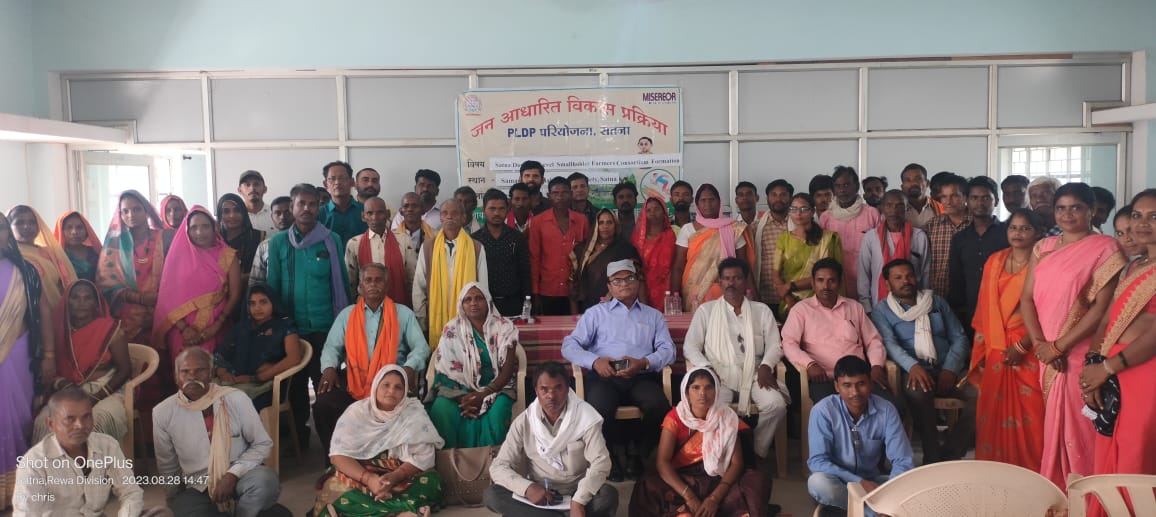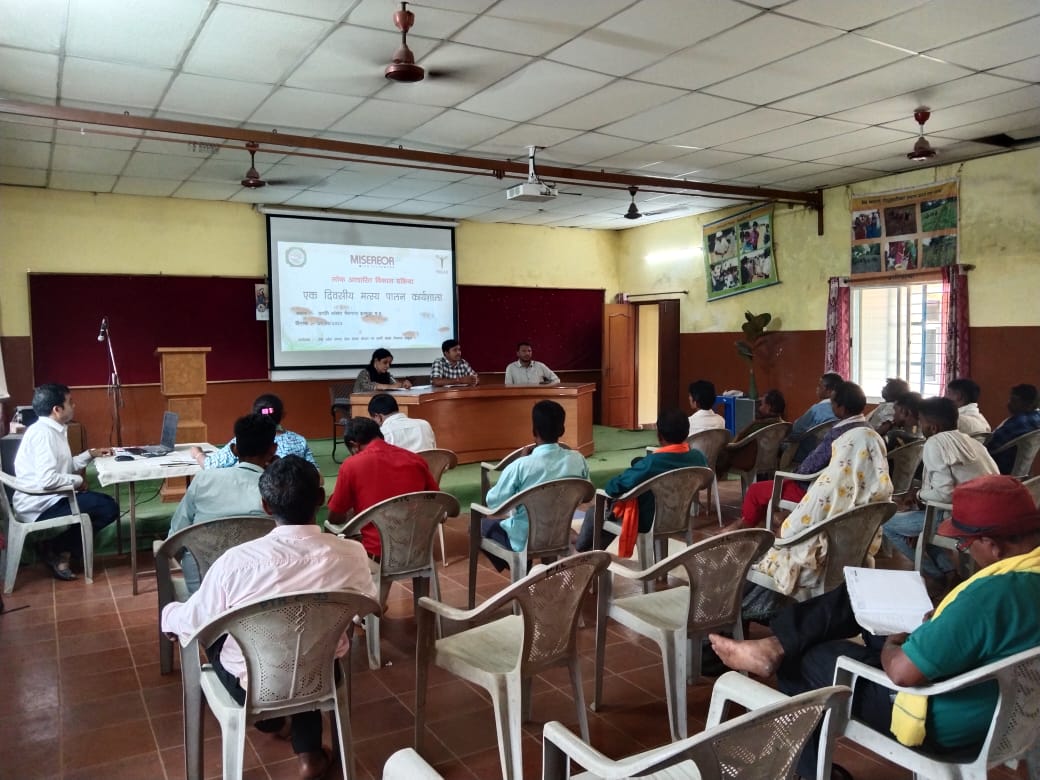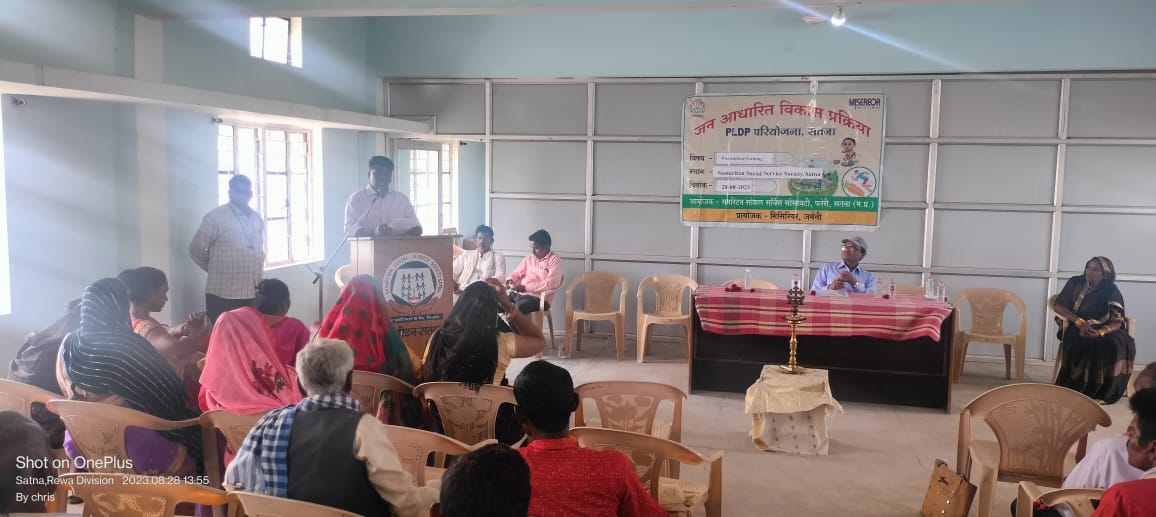MPSSS believes in simple things like transferring the
knowledge of the community into innovative and sustainable livelihood methods
to the poor and vulnerable communities, supporting them to gain access over
land and livelihood assets and mobilizing them through CBOs can ensure food
security and improve their quality of life.
This is done through the following ways,
· Facilitating
linkages of communities with government welfare schemes and basic entitlements
· Ensuring
communities have access to Public Distribution System, Primary Health Centre
and Nutrition Rehabilitation
·
Facilitating
community asset creation for resilience building and self- sustenance
· Ensuring
adoption of Integrated Farming & Natural Resource Management through
community participation
·
Forming
and strengthening of community institutions for sustainability
· Promoting
women as advocates of food and nutrition security for the community (through
locally available produce & dietary resources and revival of traditional
food habits)
Under this, there are 1740 women who are involved in various IGPs and earned 10086783 INR in a year to enrich the nutritional status in their families.
'Promotion and Training on Pisciculture as Alternative Model
Livelihood Option'
A training session focusing on 'Promotion on Pisciculture as Alternative Model Livelihood Option' was conducted as part of the PLDP- IV initiative at the Samaritan Social Service Society (SSSS) in Satna and Pragati, Jhabua. The event took place on 28th August 2023 at Satna and 7th September 2023 at Jhabua. Participation involves various stakeholders including government officials, SSSS-team Pragati-team & MPSSS staff, and representatives of farmers from different villages of Satna, Sidhi & Jhabua districts of Madhya Pradesh. The purpose of the training was to introduce pisciculture as a viable livelihood option, educate participants about its benefits and challenges, and provide them with the necessary knowledge and resources to implement pisciculture projects.


